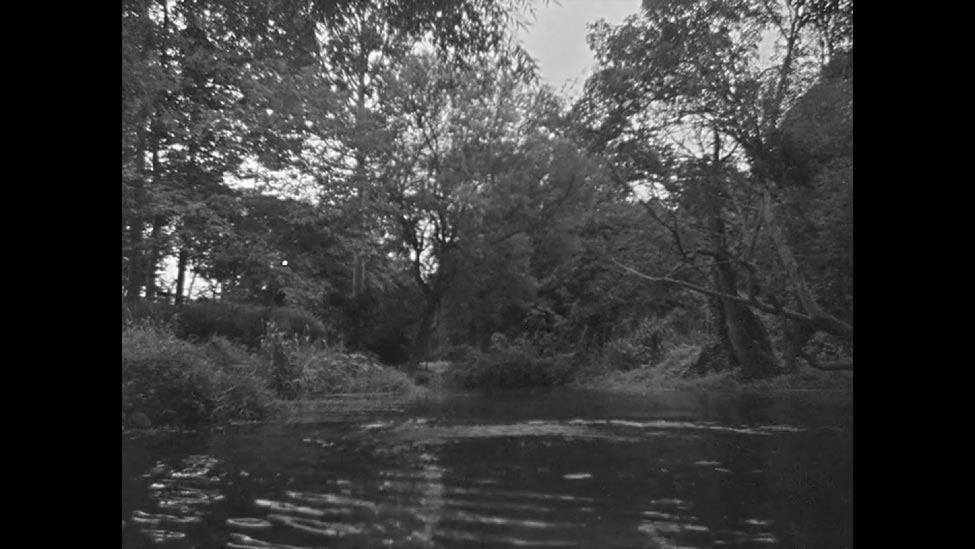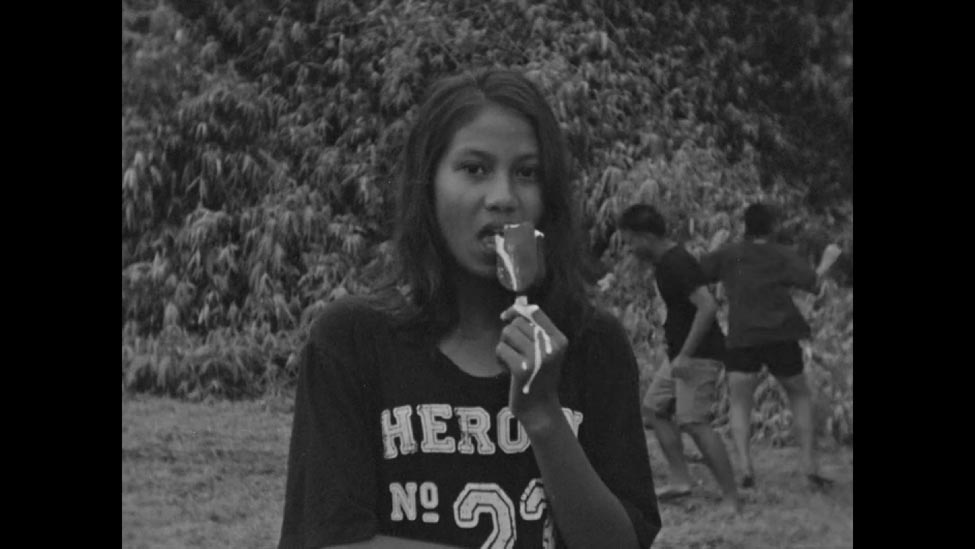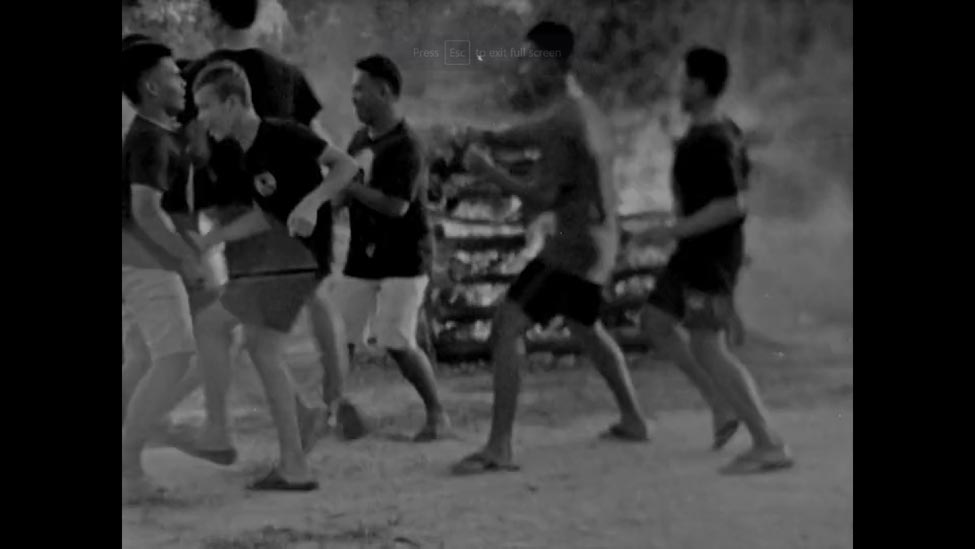Life After Death
How does death feel like? What are some things you will miss when you are dead? What will you leave behind? These are some questions Song X, one of the films in this year’s Southeast Asian Short Film Competition, aims to answer.
Shot in black and white with no dialogue, this experimental film is not an easy watch for viewers expecting a standard narrative and format. Song X offers a realistic introspection on mortality, using the premise of a deserter waking up to find out he is dead and watching over his lifeless body as a wandering spirit in the forest. Song X’s naturalistic forest surroundings incorporates the visual and auditory elements of astrology — water, fire, earth and air — to serve as reminders of life and what it means to truly be living. Cut to the gentle gurgling of a still river, its soft undulating waves and the sudden enthused splash when someone dives in. The sizzling crackle of an open fire as a cloud of smoke shrouds the sky. The crunch of sand grains when a foot rubs into the ground.

The raw footage and amplified diegetic sound effectively evokes the viewer’s five human senses of sight, sound, taste, touch and smell — senses that the film implies are not as profound or immersive when one is dead. Particular diegetic sounds of the forest, such as the chirping of crickets and birds piercing through dense foliage come across as almost uncomfortably jarring, when coupled with the complete lack of dialogue and non-diegetic music. Song X metaphorically compels viewers to fall back into a simplistic, primitive way of living, one that is stripped to the bone, black and white, and devoid of any embellishments that so often distract in our daily materialistic lives. In the literal sense, this primitive lifestyle is demonstrated by how the deserter hunts for fish, plucks fruits from trees and uses a timber raft of logs to sail down the river.

There are also a number of gustatory images: a young girl sensually licking a melting Magnum ice cream as she looks straight on at the camera, and the close-ups of the deserter popping peeled rambutans into his mouth. These are the simple, carefree pleasures we take for granted ever so often, be it spending a lazy afternoon floating face-up in a river under the shade of trees admiring the vast sky, going fishing or splashing gaily about in the water on a hot summer’s day; unarticulated luxuries that are perhaps enough reason for one to appreciate the beauty of what being alive has to offer. The exaggerated movements of the children dancing about the cremation of the deserter’s body is incongruous with the stark somberness of the moment, with their actions appearing to be an ironic celebration of life, in the wake of the stagnancy of death. Did the deserter engage in these same activities when he was alive? Or did he only realise what he had missed out on in death? The appearance of the young girl and the fun the deserter has in the river later with a bunch of boys harkens back to childhood innocence, signaling the reverse exploration of a life cycle that begins from death and ends in youth.


The notable use of deteriorated film stock in Song X literally and metaphorically brings across the ephemerality and impermanence of life. As the film moves towards the cremation of his body, several images become increasingly nebulous and interrupted by static as they flicker intermittently, like a light about to be snuffed out from someone’s eyes. This symbolises the deserter’s gradual degradation and shortening of his state of limbo on earth. This culminates in a scene where the deserter has a second out-of-body experience, the disembodied ghost of himself freezing on screen. Even in death, does the afterlife promise eternality? Or is there another rebirth of sorts that emerges after death, as the unexpected ending of the film suggests? We do not have the answer to that question.

